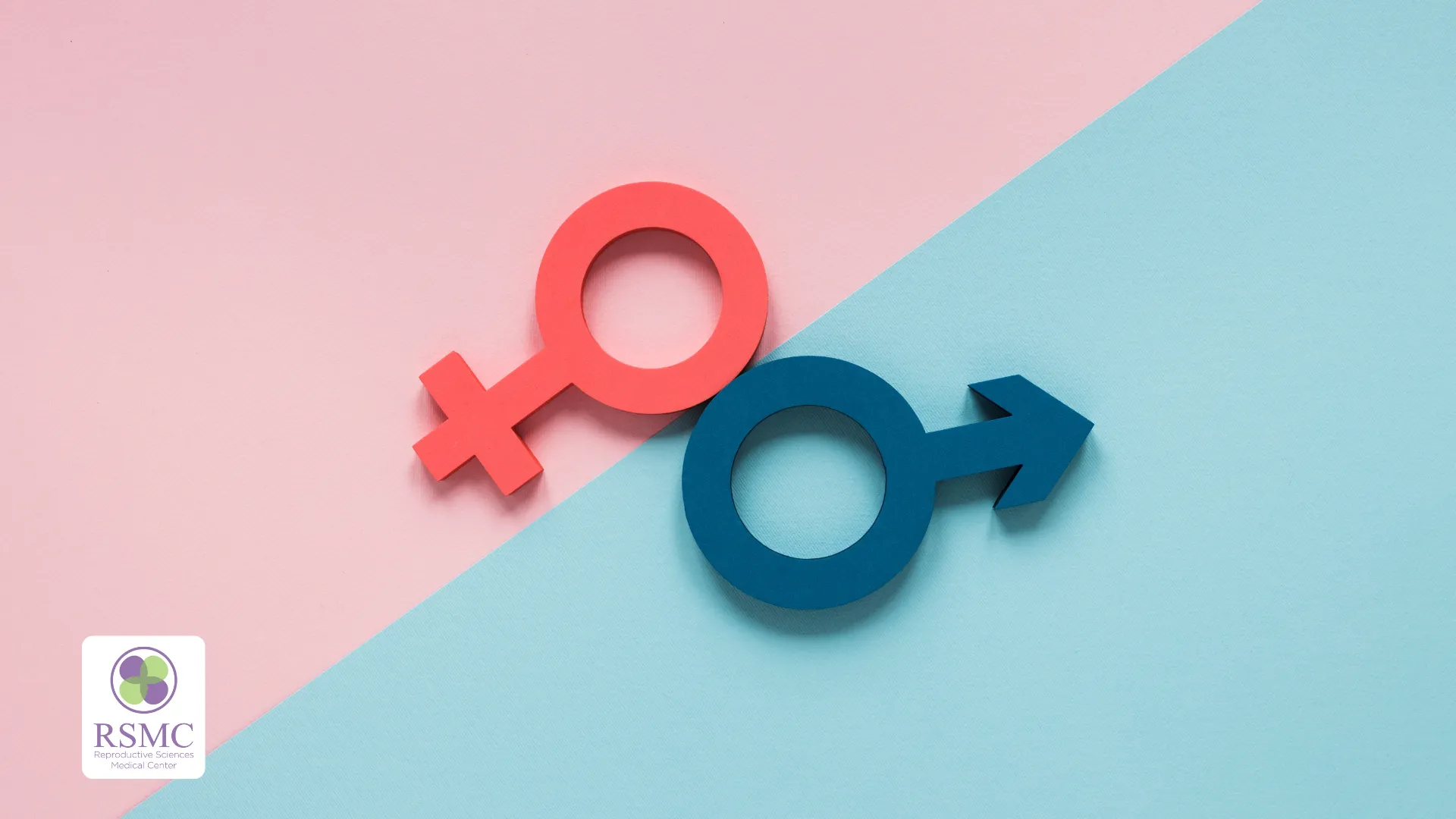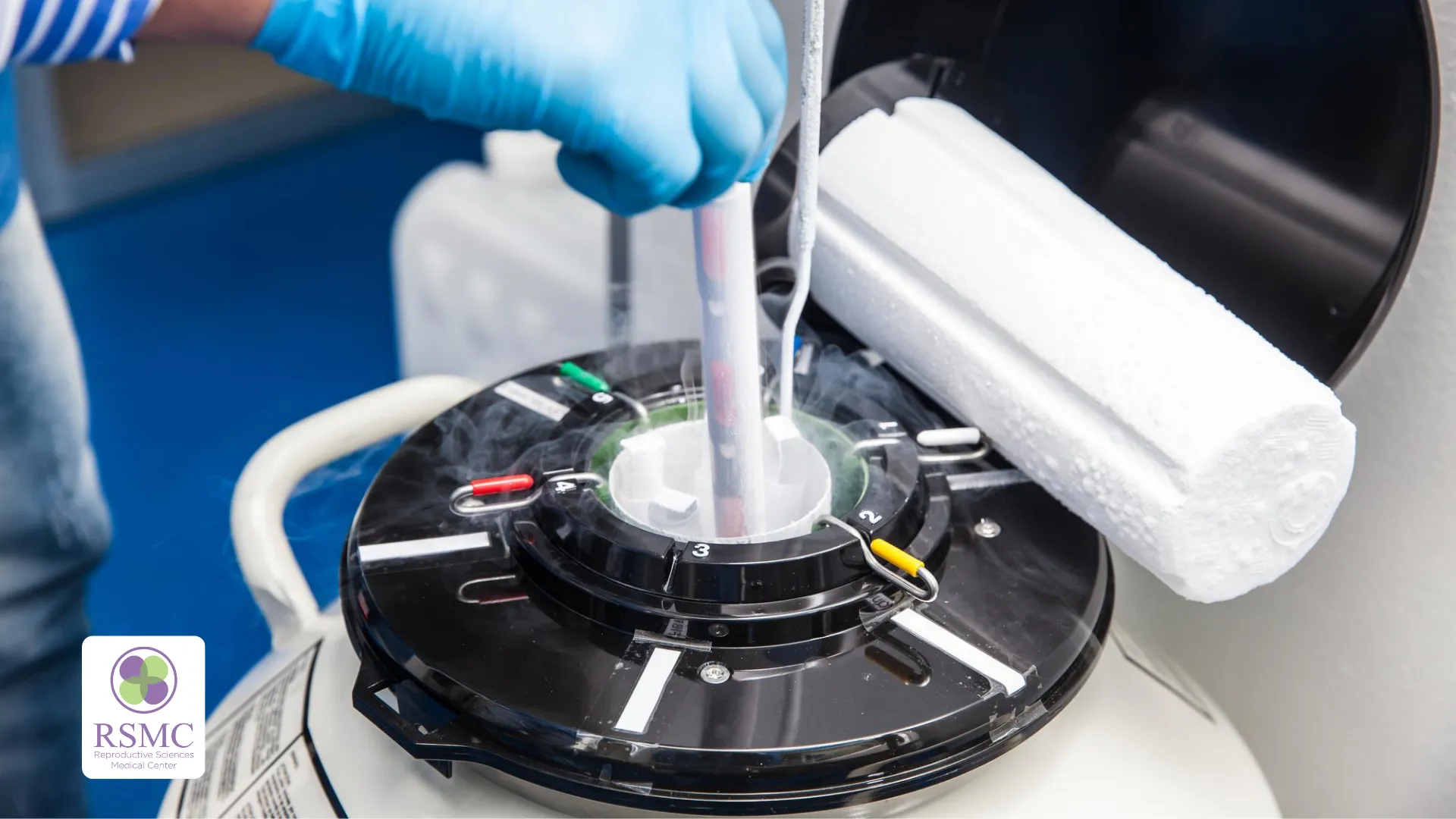Fresh eggs were the preferred source to use in assisted reproductive until recently. And still, it is the most prevalent method around the world. Recent advances in the egg freezing and vitrification process have led to frozen egg donation to become a more viable option available with RSMC San Diego & Irvine. This has also led to the creation of egg donor banks which offer a nationwide database of frozen donor eggs. The results of using frozen eggs are more consistent and predictable than they have been in the past with reports of successful pregnancies and live births.
Advantages of Using Egg Freezing Process
There are several advantages of choosing frozen eggs over fresh. Some of them include:
- Synchronization of cycles between the egg donor and the embryo recipient is unnecessary when using egg freezing process.
- Any complication that may have come up during ovarian stimulation is resolved. This reduces at least one area of stress.
- It can reduce the cost for each cycle.
- The treatment can begin right away. It doesn’t need to depend on the egg donor’s availability.
- Additional eggs may be available without the donor completing a new cycle.
Earlier attempts towards the development of frozen egg donation saw many challenges. A slow-freeze method was in use, which did not produce reliable results. After the discovery of flash freezing, also known as vitrification, the success rates improved greatly. With this freezing eggs has become a viable solution. With the option of egg freezing finally becoming available, women who weren’t ready to start a family in their more fertile years are now able to freeze their eggs and then thaw them at the time of their choosing.
In 2012, the American Society for Reproductive Medicine recognized that the process of egg freezing did result in an acceptable percentage of births. With current technological advances, there is an equal chance of a successful pregnancy using egg freezing as with fresh eggs.
The Choice Between Fresh vs Frozen
The basic question for egg donor recipients is: fresh or frozen? The decision involves determining which process would fit best for each individual. A cycle with frozen eggs is less complicated and has a range of advantages that run the gamut between physical, psychological, legal and financial. The timing also becomes greatly short with this process. It gives the recipients have more flexibility in terms of scheduling each step of the procedure.
While on the other hand, the process for fresh eggs is increasingly unpredictable as it involves two separate individuals – the egg donor and the egg recipient. And as two individuals have involvement, the risks are also double. The greatest risk doing a fresh egg donation cycle is that extensive testing needs to be performed in accordance with the Federal Drug Administration requirements. This means every donor with a negative result is disqualified from moving forward. Potential donors also go through a psychological evaluation during the screening process.
Some programs require genetic testing and visits with a physician which includes blood work and a physical exam. At any point in time, if the donor changes her mind, she is free to leave the process. Typically, the recipients bear the financial burden of the donation process.
The process for frozen egg donation is less risky as the eggs have already been retrieved. Thus, there are nearly zero risks of disqualification. Removing the risk associated with the donor’s cycle minimizes the time between donor choice and treatment by four to nine months.
How Much Do Both Options Cost?
The complete process with frozen eggs can be half the cost of a fresh donor egg cycle. The total cost of a fresh egg donor cycle can be as high as $30-$40k with donor recruitment, screening, treatment, and medication. On the contrary, the cost with frozen egg cycles is in the range of $14 – $20K. There are many differences between the two processes which accounts for such a difference in the cost.
IVF With Fresh Donor Eggs: The Process
Search For an Egg Donor
Most individuals prefer to work with an agency which can cost anywhere between $5000 to $8000 each cycle to recruit an egg donor. Depending upon the unique requirements, this process could take from a month to several months.
Egg Donor Testing
Once the donor gets acceptance in a program, she will begin her evaluation and hormonal testing to determine fitness to be a donor. She will have to undergo psychological screening and genetic testing. This also includes infectious disease testing according to FDA guidelines. If the donor is disqualified at any point the recipient may have to start again.
Contracts and Attorney Visit
A contract needs to be created between the individual and the donor once the egg donor completes her screening. This is to ensure the rights of the recipient and relinquish the eggs from the donor. This step involves drafting the contract through an attorney. Some agencies, such as Reproductive Science Medical Center, provide an attorney.
Recipient Workup
The recipient will receive a full medical evaluation to determine any risk factors. The tests can include a cervical culture, hysteroscopy, and a saline sonogram to assess uterine health. The workup can take up to three months to complete and maybe more if the process is followed more leisurely.
Prep Cycle
The cycle consists of a trail transfer and hormonal therapy. This ensures that the treatment will achieve the desired blood levels and endometrial effects. Some physicians might also opt for an endometrial biopsy during this cycle. The trail transfer takes place to determine the uterine depth and to ensure that the physician can navigate the catheter to the right spot.
Suppression and Stimulation
The donor receives birth control pills to suppress and synchronize her menstrual cycle with the recipient. The egg donor will also have to self-administer hormone injections on a daily basis. The hormones stimulate egg production which a specialist will monitor throughout the process.
Endometrial Lining Development
While the donor is preparing for the retrieval, the recipient receives a combination of estrogen and progesterone to prepare her uterus for successful implantation. In certain cases where autoimmune issues occur, additional medications may be required.
Triggering Ovulation and Retrieval
Once the ultrasound determines the eggs are ready, the donor will receive an injection of hCG, which is also known as the trigger shot. Within 36 hours of that trigger shot, the egg retrieval process occurs through an aspiration needle guided by ultrasound under the effect of mild anesthetic.
Fertilization and Embryo Transfer
Once the egg retrieval is complete, they undergo fertilization with the partner’s or donor’s sperm in a laboratory. The resulting embryos are incubated and then implanted in the recipient. This happens approximately 5 days after the retrieval.
Post-implantation Check-up
Recipients will have a pregnancy test usually on day 14 or 15 after implantation. This is accomplished with a blood test. Once the blood test confirms the pregnancy, an ultrasound test looks for the baby’s heartbeat.
IVF with Frozen Donor Eggs: The Process
RSMC – San Diego & Irvine records show that this process is less complicated. It is because the egg donor has already completed half of the process before the cycle ever begins.
Search For An Egg Donor
To search for frozen eggs Intended Parents can use an agency such as Reproductive Sciences Medical Center. You can browse through the donor profiles. This step associates no fees with itself.
Full Medical Evaluation
This step is only for recipients. The intended mother will undergo a complete physical and psychological screening to determine any risk factors. At our San Diego & Irvine facility, the tests for egg freezing may include cervical culture, hysteroscopy, and a saline sonogram to assess uterine health.
Prep Cycle
It’s an optional course of hormone therapy which can assure that the treatment will achieve the desired results. Generally, the prep cycle may include an endometrial biopsy. It is to measure the thickness of the endometrial lining.
Endometrial Lining Development
The recipient takes a combination of estrogen and progesterone to prepare her uterus for successful implantation. In certain cases where autoimmune issues occur, additional medications are required.
Fertilization and Embryo Transfer
Eggs are thawed and then undergo fertilization with the partner’s sperm. The resulting embryos are incubated and then implanted in the recipient usually on day 5 after the retrieval.
Post-implantation Check-up
The recipient will have a pregnancy test usually on day 14 or 15 after implantation. Once the pregnancy is confirmed from the blood test, an ultrasound is used to look for the baby’s heartbeat.
Fresh egg donation has a higher range of legal implications and more risks as compared to frozen eggs.
It usually comes from anonymous donors, thus virtually eliminating the need for legal counsel as the donor has already completed her cycle and relinquished her eggs.
Reproductive Sciences Medical Center ( San Diego, Irvine) is a leading egg donation & egg freezing agency. If you want to learn more about the egg donation process, you can visit us at www.fertile.com or call us at 858-436-7186 to schedule a consultation.























